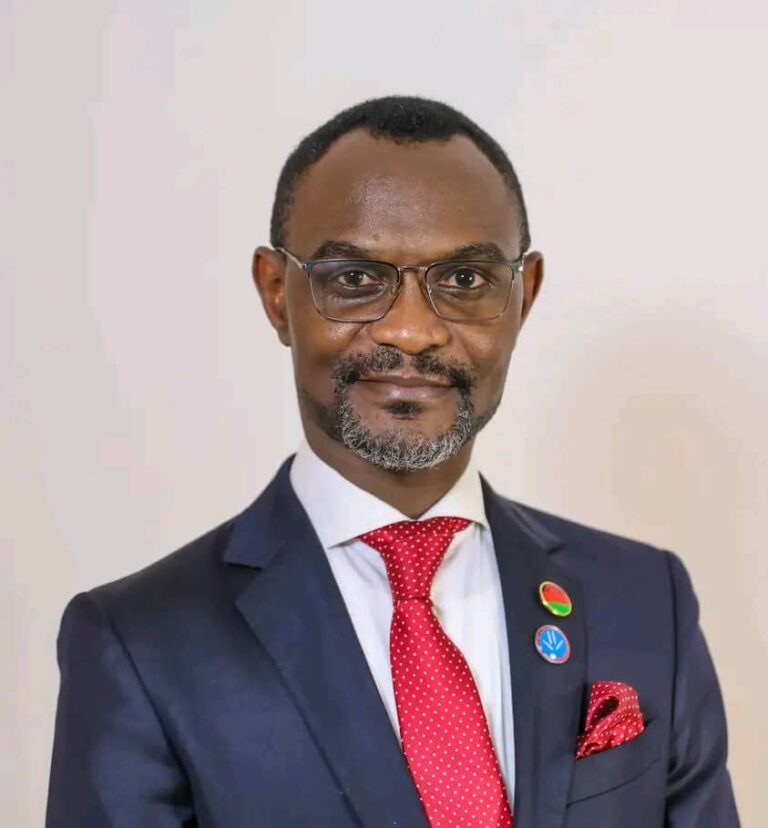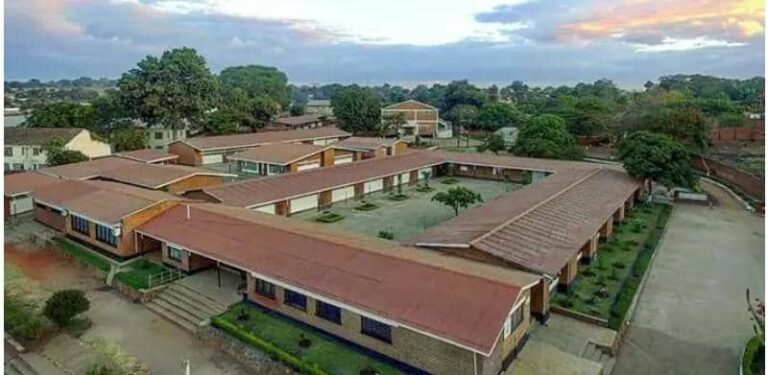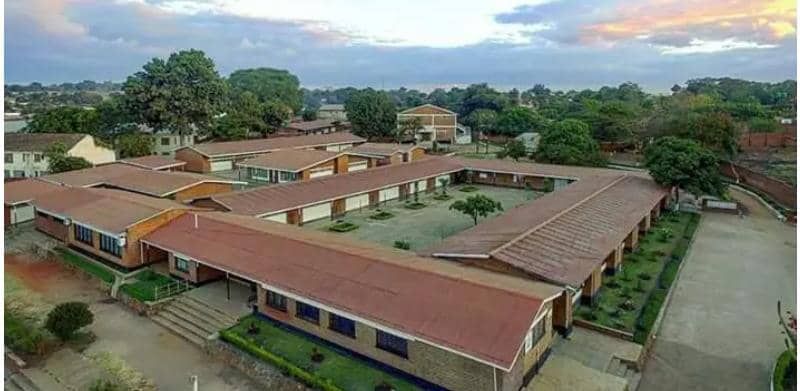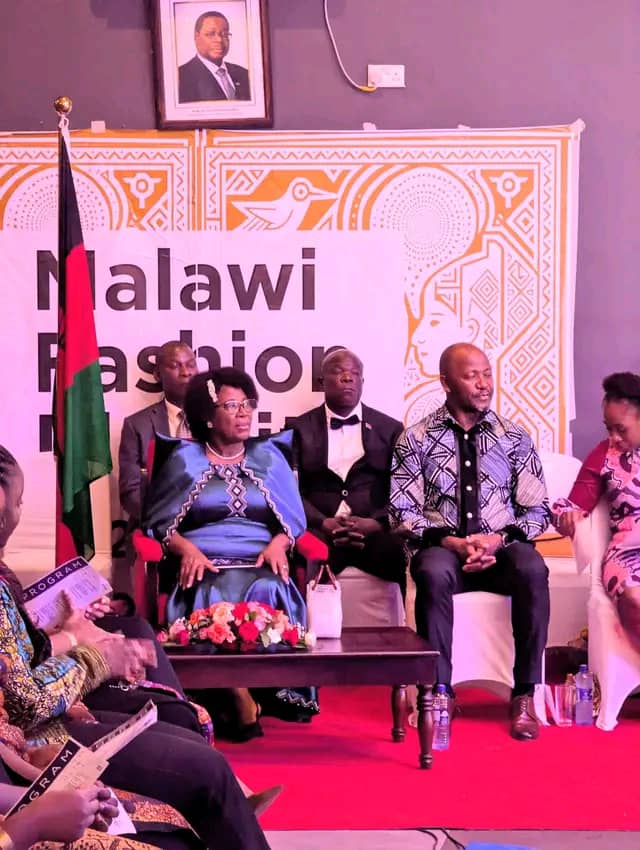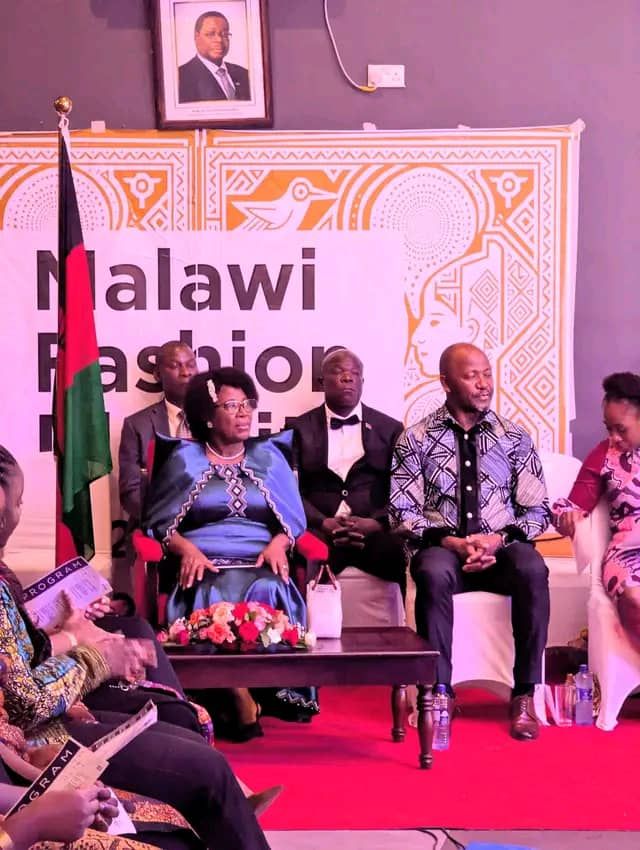By Burnett Munthali
The Minister of Local Government and Rural Development, Dr. Ben Phiri, has moved to reassure Malawians that the Constituency Development Fund (CDF) remains secure and inaccessible to politicians.
Speaking during an exclusive interview on MBC on Sunday, Phiri stressed that the Public Finance Management Act mandates only district councils—under the leadership of District Commissioners (DCs)—to manage the CDF and all other local development finances.
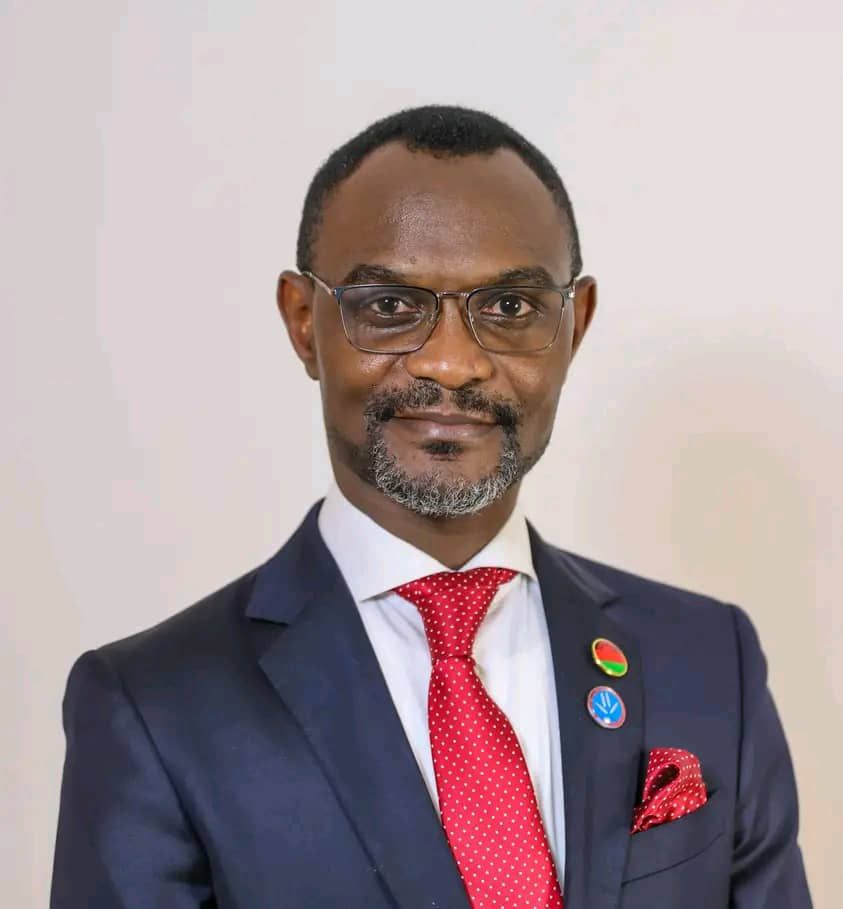
“Let me assure Malawians that their funds are safe, and my ministry is committed to transparency and accountability in the utilisation of these public resources,” Phiri emphasized.
The Minister condemned widespread misinformation that has misled some members of the public into believing that ward councillors now control CDF allocations, insisting that the councils remain the legitimate custodians of the fund.
“The funding isn’t being given to the councillors. The court said the funds go to councils, but with a supporting vehicle to help implement projects,” Phiri clarified.
He further highlighted that the Ministry will apply the same governance systems and accountability standards used under the World Bank–funded Governance to Enable Service Delivery (GESD) programme—a model he said has achieved a 90 percent success rate across councils.
Phiri, however, acknowledged the need to strengthen capacity within councils to ensure they manage the expanded CDF responsibly and effectively.
He noted that government has already redeployed some DCs and posted qualified engineers to districts to oversee construction projects and ensure technical competence in handling public resources.
The Minister warned that under the new reforms, incompetence will no longer be tolerated or transferred from district to district in an attempt to solve performance failures.
“If the officer is incompetent in Thyolo, it simply means he will be incompetent in Mzimba. We’re now shifting toward performance-based accountability,” he said.
The future of the CDF has been a major topic in the 52nd Parliament session, following lawmakers’ approval of the Constitution Amendment Bill that raised the fund from K220 million to K5 billion per constituency.


